
Lynn Rhinehart was general counsel of the AFL-CIO until July 2018. She is a Senior Fellow at the Economic Policy Institute. The views expressed are her own.
This is a cross-post from the Economic Policy Institute’s Worker Economics Blog.
Earlier this month, the Republican-led U.S. Senate Committee on Health, Education, Labor, and Pensions (HELP) notably held a hearing on labor law reform that sought to both identify problems workers face when they seek to unionize and explore possible solutions.
A major focus of the hearing was Senator Josh Hawley’s (R-Mo.) Faster Labor Contracts Act—bipartisan legislation to improve the process for reaching initial collective bargaining agreements when workers first organize a union. Currently, it is a common tactic for employers to slow-walk the bargaining process because there are no penalties for doing so, and delay frustrates workers and undermines their union. Research shows that only 36% of newly organized bargaining units achieve an initial collective bargaining agreement within a year, and a third of newly organized bargaining units still do not have a first contract after three years.
The Faster Labor Contracts Act would require parties to begin bargaining promptly after a union is certified, and if bargaining fails to produce an agreement within 90 days (or longer if the parties agree), the parties would be required to engage in mediation. If mediation was not successful, an arbitration panel would be convened to hear from both parties and render a final and binding decision on the terms of an initial collective bargaining agreement. Through this process, workers would be assured of reaching an initial collective bargaining agreement—the reason they sought to organize a union—within a reasonable period of time.
Addressing the first contract problem is a vitally important part of the labor law reform discussion, but it is only one piece of the puzzle—it will not fix our outdated, failed labor law and provide a real opportunity to unionize for the millions of non-union workers who want a union. Senator Hawley’s Faster Labor Contracts Act is pulled directly from the more comprehensive Protecting the Right to Organize (PRO) Act. The PRO Act would not only provide first contract mediation and arbitration but also rein in employer interference in the election process, establish monetary penalties for violations of the National Labor Relations Act, and override state “right-to-work” laws, among other reforms.
Curiously, there was no mention in the HELP Committee hearing of how the Trump administration is already undermining what the Faster Labor Contracts Act aims to do. The legislation relies on the Federal Mediation and Conciliation Service (FMCS) to provide the mediation and arbitration services that are at the heart of the legislation. But President Trump has tried to shutter the agency and the agency has only survived because of two lawsuits against the Trump administration to stop the agency’s closure. Scores of experienced mediators have left the agency, and FMCS has eliminated many of its services and limited the number and type of mediations it will do in its diminished state. President Trump’s budget again proposes to shutter FMCS—he has proposed only enough money to close the agency down permanently in his FY 2026 budget.
Without a robust, government-supported mediation and arbitration system, the Faster Labor Contracts Act would not be able to live up to its promise. It is no answer to say that employers and unions can hire mediators and arbitrators in the private market. While there are many excellent mediators and arbitrators in the private market, the cost can often be prohibitive, with fees that often run into thousands of dollars per day of services.
Nor should the parties have to foot the bill on their own. Since 1935, our federal policy has been explicitly to “encourage[e] the practice and procedure of collective bargaining.” Congress established the FMCS in 1947 to assist employers, workers, and unions in the collective bargaining process in furtherance of this policy and to promote industrial peace. Over the years, FMCS has provided important services at no cost to the parties, including early intervention in new collective bargaining relationships and training on the collective bargaining process along with mediation and dispute resolution services. Before the Trump administration essentially shut them down, FMCS helped reach first collective bargaining agreements at the first unionized Apple Store and at the National Institutes of Health, among others. All of these services are vital to supporting the collective bargaining process and furthering our national policy in support of collective bargaining.
Of course, FMCS’s operations could be improved—that’s the case with every agency, business, and organization. And the agency has suffered from the lack of a Senate-confirmed director for years. But the bottom line remains that if we are to offer a genuine solution to the first contract problem, an independent agency to assist the parties in the collective bargaining process must be restored.
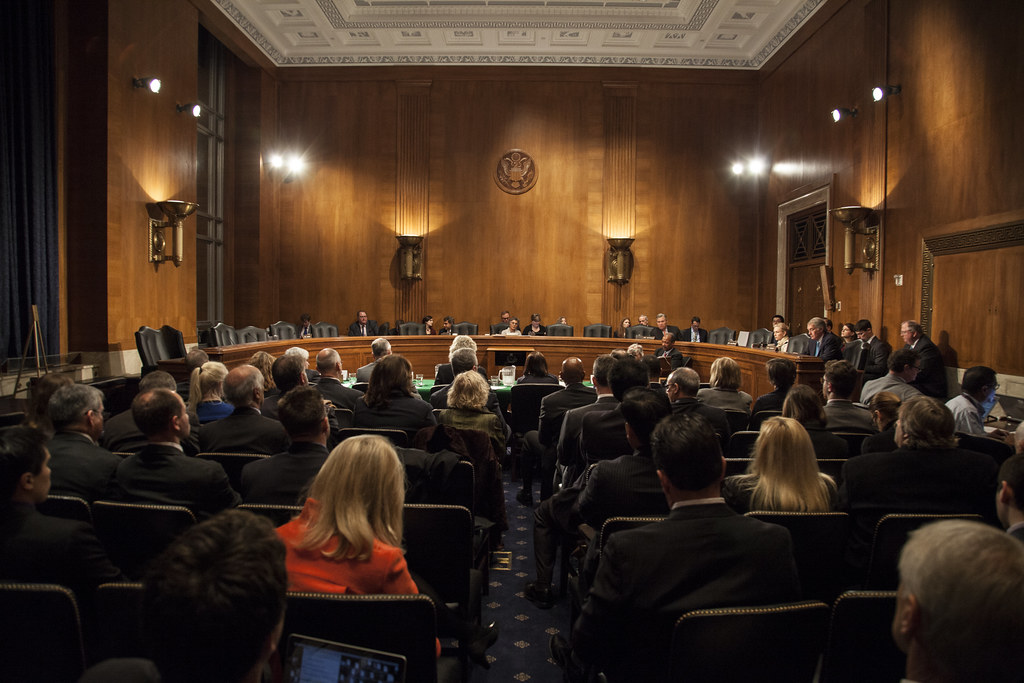

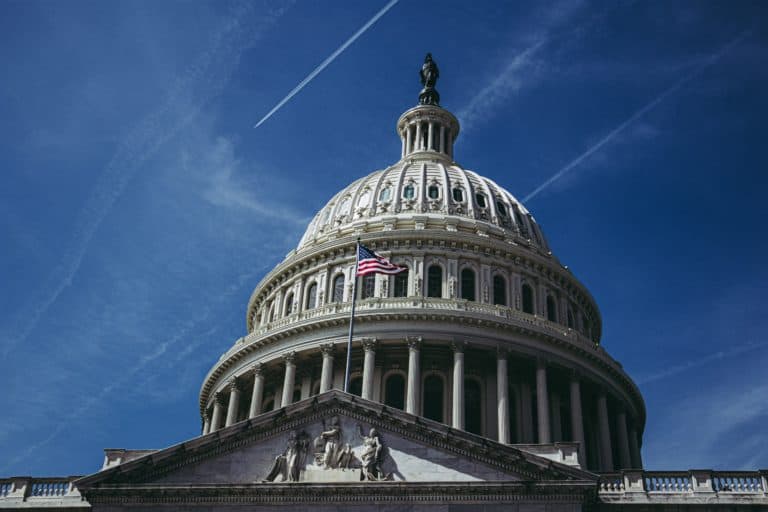
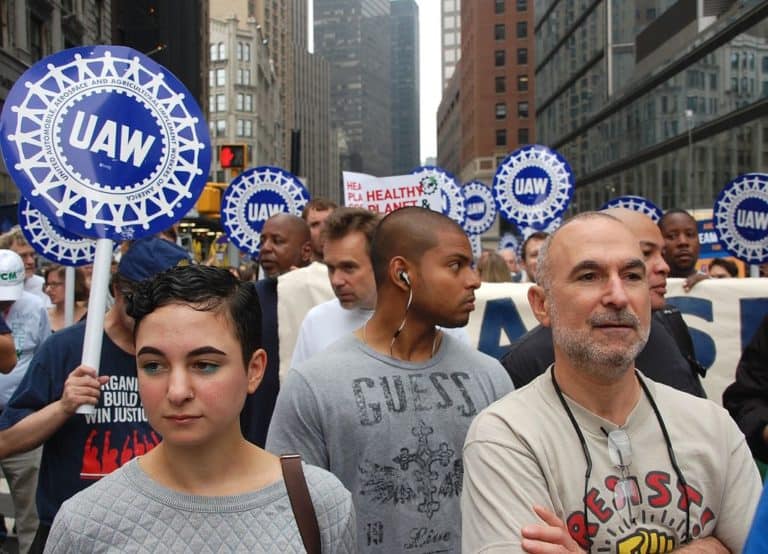
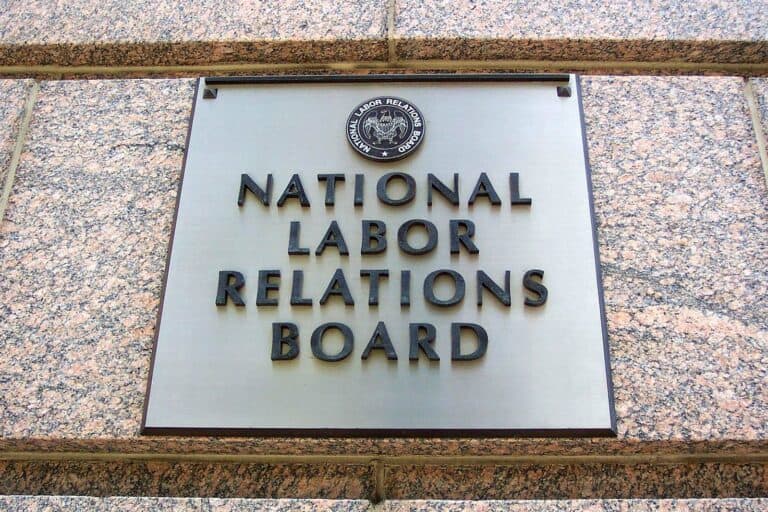
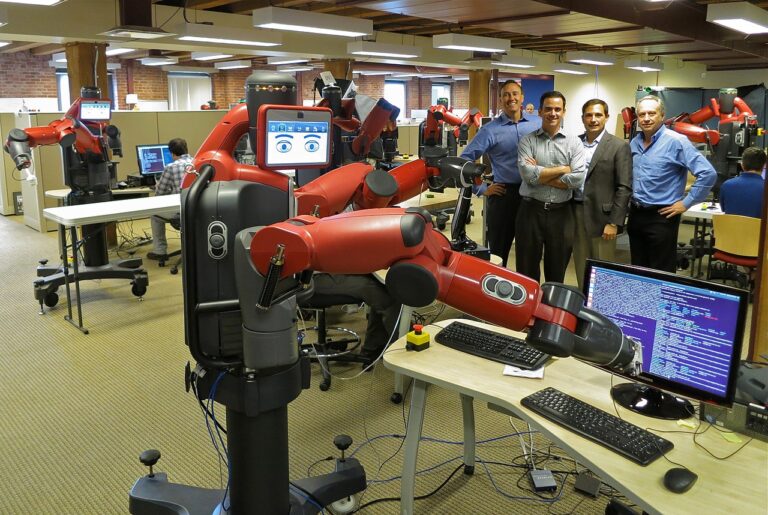
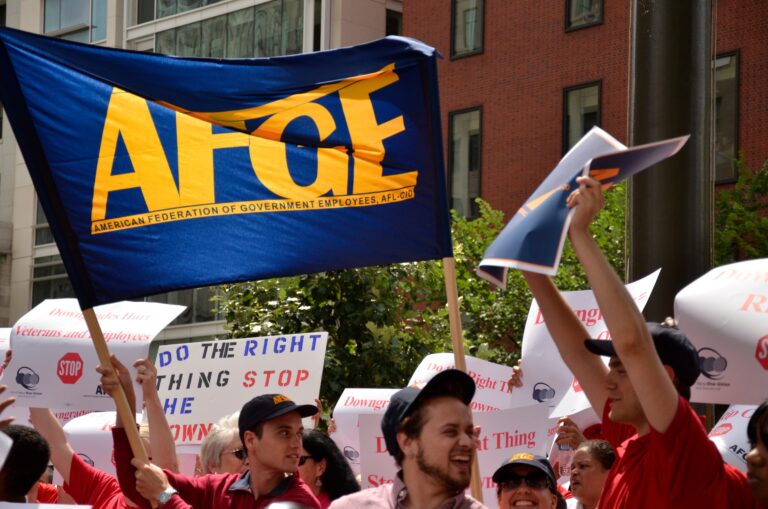
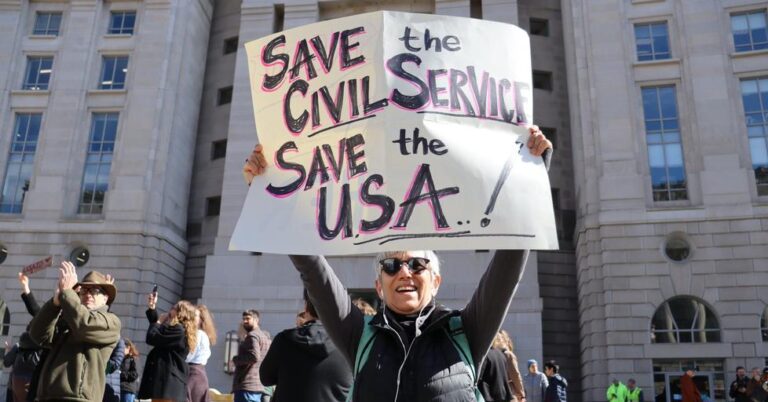


Daily News & Commentary
Start your day with our roundup of the latest labor developments. See all
December 5
Netflix set to acquire Warner Bros., Gen Z men are the most pro-union generation in history, and lawmakers introduce the “No Robot Bosses Act.”
December 4
Unionized journalists win arbitration concerning AI, Starbucks challenges two NLRB rulings in the Fifth Circuit, and Philadelphia transit workers resume contract negotiations.
December 3
The Trump administration seeks to appeal a federal judge’s order that protects the CBAs of employees within the federal workforce; the U.S. Department of Labor launches an initiative to investigate violations of the H-1B visa program; and a union files a petition to form a bargaining unit for employees at the Met.
December 2
Fourth Circuit rejects broad reading of NLRA’s managerial exception; OPM cancels reduced tuition program for federal employees; Starbucks will pay $39 million for violating New York City’s Fair Workweek law; Mamdani and Sanders join striking baristas outside a Brooklyn Starbucks.
December 1
California farmworkers defend state labor law, cities consider requiring companies to hire delivery drivers, Supreme Court takes FAA last-mile drivers case.
November 30
In today’s news and commentary, the MSPB issues its first precedential ruling since regaining a quorum; Amazon workers lead strikes and demonstrations in multiple countries; and Starbucks workers expand their indefinite strike to additional locations. Last week, the Merit Systems Protection Board (MSPB) released its first precedential decision in eight months. The MSPB had been […]